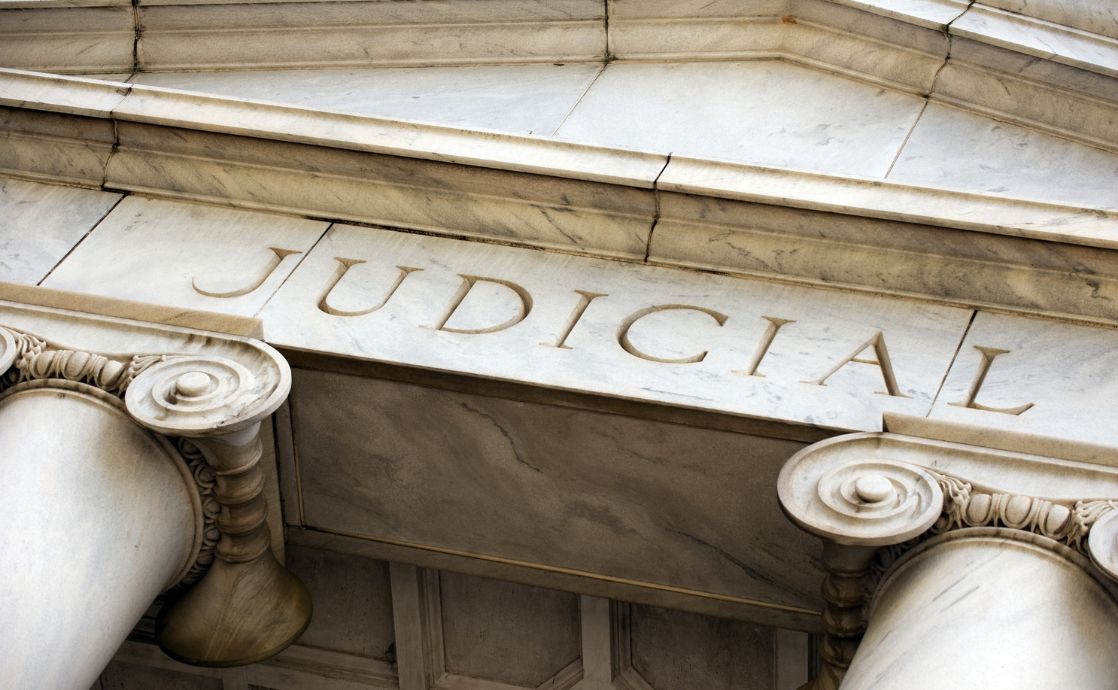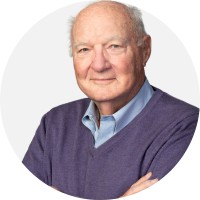The views expressed in our content reflect individual perspectives and do not represent the authoritative views of the Baha'i Faith.
How do you view the justice system in your nation? Is it fair, unbiased, and equitable to all? Does it usually deliver actual justice? If not, how could it be reformed?
The Dominican Republic faced those questions in the early 2000s. Like all other countries in Latin America, except Brazil, the country began to engage in implementing the most significant justice reform effort in the history of the entire region.
The centerpiece of the reform was the adoption of a new criminal code, which incorporated oral procedures, the right to confront accusers, and a presumption of innocence – to name the most salient aspects of the reform.
RELATED: How Justice Systems Can Promote the Equality of Men And Women
However, the Chief Justice of the Dominican Supreme Court, Subero Isa, found himself virtually alone in leading the reform effort. He requested that my firm, DPK Consulting, aid him in building a coalition of supporters to carry on the enormous effort required to implement the reform. After some consultation our team decided to begin by conducting a public opinion survey to gain more insight into the current public view on justice.
The findings of the survey were very damning, containing a deep sense of frustration and rejection of the people working in the justice sector from the generality of the Dominican population.
We asked the organization that conducted the survey not to write a conventional report – rather, to find a way to communicate their findings using the arts. It has been my experience in working with justice officials in reform efforts that they are quick to put up walls to information that does not comply with their own views. We had to find a way to circumvent this kind of response. We had to get to their hearts, not just their heads.
The polling firm decided to write a “rap” using the very words they heard from the public opinion survey. We told them to not change any of the words, concepts, or emotions they heard – but rather to communicate in the fullest manner possible what they had found.
When the presentation of the findings was made, the entire Supreme Court was present, as was the Attorney General and the public defender and other high-ranking court officials. With tears streaming down his face, the Chief Justice heard words of condemnation and disgust about the justice system he led. The presenters told the assembled officials that “these are the views of your neighbors, the teachers of your children, family members, etc.”
The Chief Justice turned to me and asked if we could immediately take steps to address this situation. In response, we asked him to appoint a high-ranking commission to work with us. I proposed that the Commission come to California, where they could spend some time investigating how other justice systems operated, to gain some insight about what steps could be taken in the Dominican Republic.
During a visit to a California trial court, members of the commission noticed how each employee they interviewed had a sense of ownership and commitment to their duties as officials of the justice system. We shared with them the emphasis placed on personal integrity for all those who serve in the system, whether judge or clerk.
In the process, I shared a quote from The Hidden Words of Baha’u’llah about abasement: “Noble have I created thee, yet thou hast abased thyself.”
We discussed how we could incorporate these words into a strategy going forward. At this point the commission members reflected that members of the justice system did not seem to have the same kind of ownership or commitment they had witnessed in California.
Returning to Santo Domingo, the members of the commission came to the conclusion that their approach needed to emphasize the positive aspects of human development – not the negative ones. We indicated that the antidote to corruption is integrity, and suggested focusing on a strategy that promotes the development of approaches that cultivate personal and systematic integrity. We developed and implemented a comprehensive strategy titled the “Integrity Model,” which subsequently had a great impact on the entire judicial system.
With this new approach to personal and organizational behavior, public opinion changed.
RELATED: The Relationship between Poverty and Justice
Those who participated in this transition to a reformed justice system in the Dominican Republic learned that institutional integrity shifts the paradigm for anticorruption and good governance; moves the negatives of control and punishment to a positive model that emphasizes commitment to excellence in performance; and enhances and exalts public service where leadership and staff take pride in their organizations and are guided by a common purpose, high performance standards, and shared ethical values.
Today this same model is being used in governmental entities and justice systems in the Dominican Republic, El Salvador, Mexico, and Peru. As the Universal House of Justice wrote in 2008, “Only if you perceive honor and nobility in every human being – this independent of wealth or poverty – will you be able to champion the cause of justice.”
















Comments
Sign in or create an account
Continue with Googleor